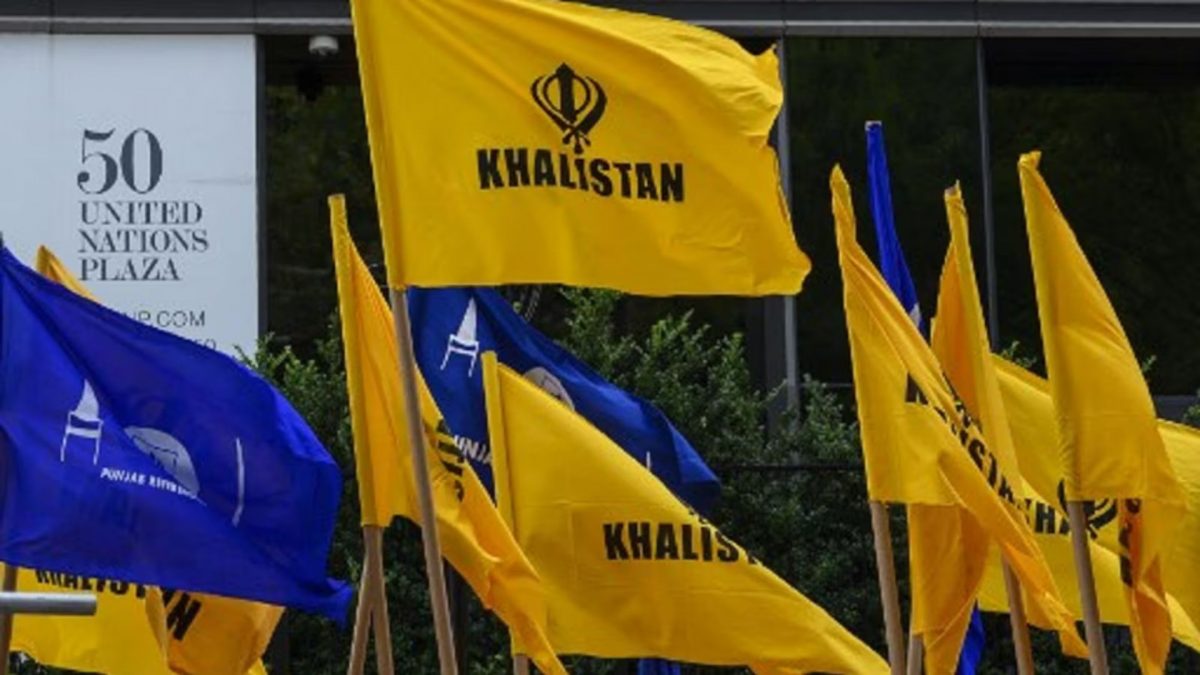A fresh threat has been made against Indian diplomats in Canada, with the banned Khalistani group Sikhs for Justice (SFJ) announcing a “siege” of the Indian Consulate in Vancouver on 18 September.
The US-based pro-Khalistan group said it will take over the consulate on Thursday and urged Indo-Canadians planning routine visits to choose another date.
SFJ also released a poster showing India’s High Commissioner to Ottawa, Dinesh Patnaik, with a target on his face. In a statement, the group accused Indian consulates of running a spy network and conducting surveillance targeting Khalistanis.
“Two years ago — 18 September 2023 — Prime Minister Justin Trudeau told Parliament that the Indian agents’ role was under investigation in the assassination of Hardeep Singh Nijjar,” the statement said. “Two years on, Indian Consulates continue to run a spy network and surveillance targeting Khalistan Referendum campaigners,” it added.
The group claimed the threat against them was “so grave” that the Royal Canadian Mounted Police (RCMP) had to offer “witness protection” to Inderjeet Singh Gosal, who took over leadership of the Khalistan Referendum campaign after Nijjar’s death.
Through the “siege,” SFJ said it will demand “accountability” for what it calls “espionage and intimidation on Canadian soil.”
There was no immediate comment from India’s Ministry of External Affairs or the Indian Consulate in Vancouver.
The development comes weeks after a Canadian government report flagged the presence and foreign funding of Khalistani extremist groups in the country. The “2025 Assessment of Money Laundering and Terrorist Financing Risks in Canada” listed groups including Babbar Khalsa International and the International Sikh Youth Federation as receiving support.
Impact Shorts
More ShortsThe report said these groups continue to pursue “violent means to establish an independent state within Punjab, India,” and often exploit non-profit organisations to raise and move funds. It noted that while most Canadian NPOs pose little risk, a small subset has been vulnerable to abuse.
It added that Khalistani extremists now operate through smaller networks of supporters rather than large, formally organised groups, but continue to solicit funds through diaspora channels.
)